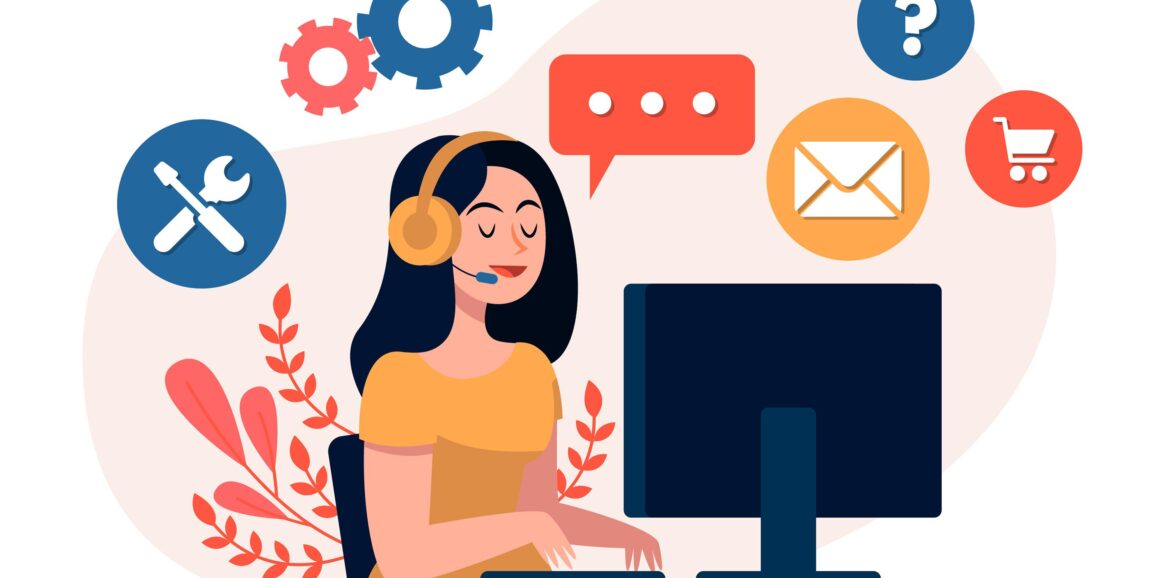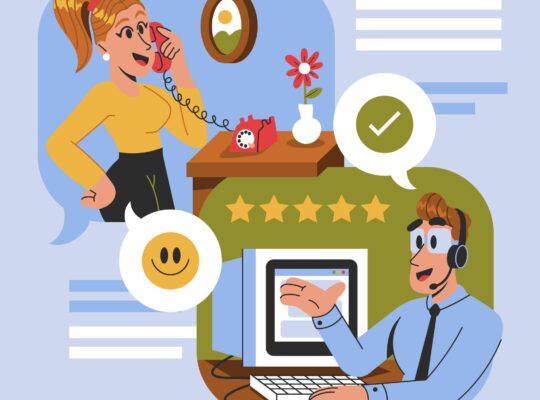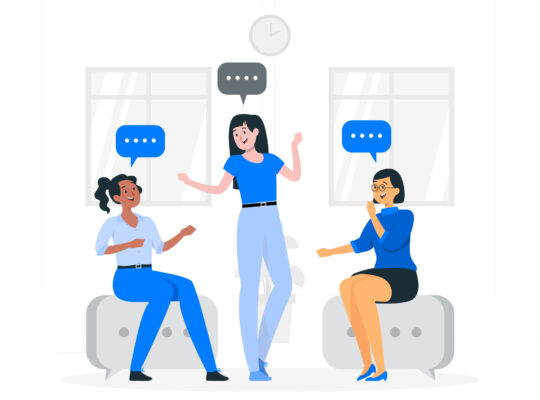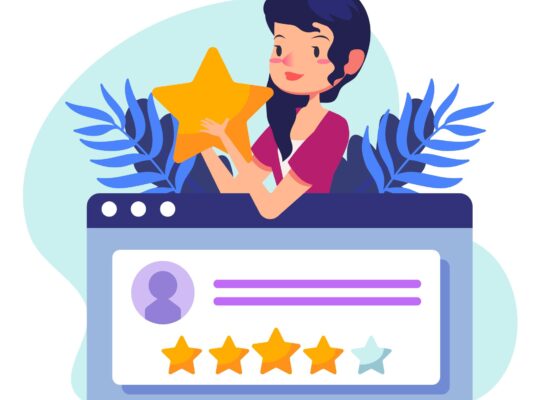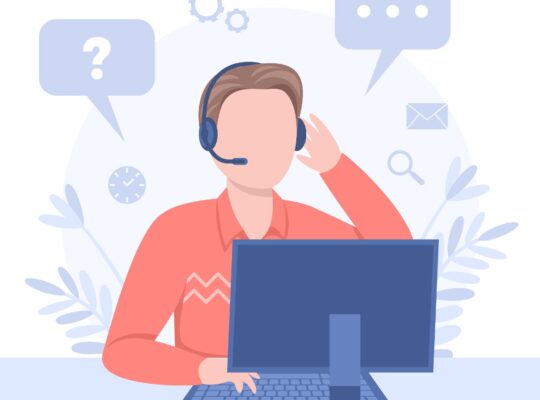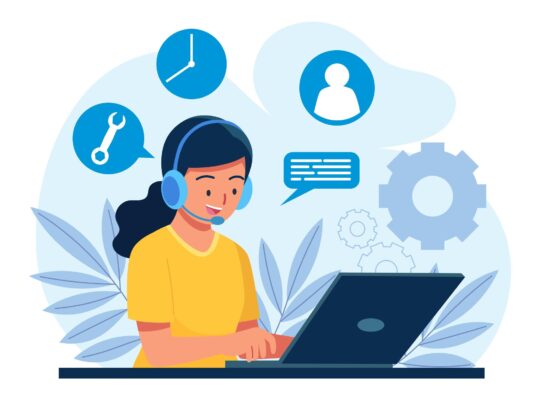| Innovative Customer Service Techniques | ||
| Instructor: Jeff Toister | ||
| Released: 3/17/2020 | Course Details 43m Intermediate | |
| Skills Covered Customer Service | Course Link | |
| Professional Certifications and Continuing Education Units (CEUs) Project Management Institute (PMI) – 0.5 PDUs | ||
| Help customer service teams unlock hidden potential and take customer service to new levels. In this course, designed to benefit managers and frontline employees alike, instructor Jeff Toister shares research and offers insight into what elite customer service professionals know and do, and discusses the two basic needs of every customer. Find out how social pressure can affect quality of service, learn what highly motivated customer service employees have in common, and discover ways to encourage people to work together as a team. Learning objectives – Identifying the most important need – Using positive language – Making wait time more bearable – Improving powers of observation – Overcoming the illusion of speed – Reducing the negative impact of multitasking – Avoiding directed-attention fatigue Source: LinkedIN Learning | ||
Influencing Customer Perceptions
Identifying the most important need
Rational Need:
What a customer needs done
Emotional Need:
How a customer wants to feel about their experience.
Emotional needs are more important than rational needs. Help customers feel better before addressing rational needs.
LAURA:
- Listen
- Acknowledge
- Understand
- Relate
- Act
Winning the moments of truth
Moments of Truth:
- First impression
- Peak impression
- Last impression
Neutral experiences are not memorable but good/great experiences are very memorable.
Making wait time more bearable
Managing expectations by providing an estimated wait time. Prevent line cutting to maintain fairness. Find ways to alleviate competition. Keep the line moving when you can. Make sure customers can’t tell how long the line is. Find a way to occupy customers while waiting. Offer updates to help with unpredictability.
Getting customers to know your name
- Introduce yourself
- Reintroduce yourself
- Call customers by name
- Leave a business card
- Become their point of contact
- Make your name visible
- Be genuine
Enhancing Your Service Senses
Improving your powers of observation
Inattentional Blindness
Failure to notice something in plain sight because you’re focused on something else.
Interactive scenarios using playing cards that demonstrates very well this concept.
- Prioritize service
- Change focus periodically.
- Move to a different activity.
Overcoming the illusion of speed
Focused on speed, rather than quality.
- Slow down
- Prioritize service
- Make a connection
Understanding the consequences of multitasking
- Reduce distractions.
- Focus attention.
Avoiding directed attention fatigue
Directed Attention Fatigue:
When the part of the brain that allows us to concentrate amid distractions becomes fatigued.
- Distractibility
- Irritability
- Impatience
- Indecisiveness
- Procrastination
How to Avoid?
- Unplug
- Take a break
- Do quiet activities
- Go outside
- Sleep
Building Teamwork
Identifying the secrets of employee motivation
People are naturally motivated to do things they like doing. Demotivation is caused by a lack of success.
- Share successes vs. Share challenges
- Speak with pride vs. Speak with frustration
Ask yourself these three questions:
- What customer service goals would you like to achieve?
- How can you use your strengths in your job?
- What solutions are within your control to make things better?
- Create a clear vision
- Fix broken processes
- Empower employees
- Find small wins daily
Increasing teamwork between departments
Conflict happens when we have different goals. Be transparent and find common goals. Teamwork can suffer when facing pressure from different directions. Different owners might approach service in different ways. Unite the team and fix broken processes.
Creating positive social pressure
Social pressure can cause people to act differently than they normally would.
 | Remember! To experience the full benefit of this guide, I highly recommend you watch the full training session. |
